Eid al-Adha in Nepal
The Muslims of Nepal
While traveling the world, one will practically run into a mosque in nearly every country they visit. Even in the Hindu majority country of Nepal, Muslims make up an integral part of society.
Buddhism has long had its roots grown deep into the culture of Nepal, but much like Hinduism, Islam arrived from outside sources. Many Nepalis believe that Islam spread to the country through Bengalis, but this is only part of the story. Within the country, there are also groups of Tibetan and Kashmiri Muslims that have long called Nepal home.
Muslim shopkeepers can typically be found in the tourist centers of Thamel in Kathmandu and all along Lakeside in Pokhara. Despite the fact that Muslims can be found in the central parts of the largest cities, these Nepali citizens are often left marginalized by their compatriots and overlooked by foreign tourists.
Looking for something to do in Pokhara? Why not hike to the World Peace Pagoda!
We Are All Nepali
One thing that makes Nepal’s Muslim population stand apart from the rest of the world is the fact that they still embrace many parts of traditional Nepali culture.
In many countries, Muslims feel the need to adopt Arab culture in order to become more in touch with Islam. In Nepal, this is not so. While many Muslims can still be found with long henna dyed beards, men typically don the traditional Nepali topi. The mere act of wearing this topi almost symbolizes the unity of religions and ethnic groups in Nepal.
In the small town of Putalibazaar in Syangja, Muslims and Hindus can be seen daily working side by side in the rice paddies. Nepal may not be a totally harmonious society by any stretch of the imagination. The willingness to come together and work in the fields, regardless of caste or religion, is an example which we should all learn to follow.
You can read more on Putalibazar here!
Approaching a Mosque
As a writer, to only celebrate Holi or Buddha Jayanti is only telling one side of the story in Nepal. While Muslims only make up 4.4% of the population, their vibrant culture can be seen in almost every town. Even Eid is considered a national holiday for both Muslims and Hindus to have off.
Muslims are some of the kindest, most hospitable people on Earth, but that doesn’t mean they are always approachable. As an outsider one may find it difficult to approach a mosque without a proper invitation. In some countries, non-Muslims will quickly be shooed off from the grand courtyards of mosques, giving not with as much as an explanation.
Even though you may still be shell shocked by your last encounter at a mosque, that doesn’t mean every experience will be the same. When arriving at the mosque perched at the top of Putalibazar, you will find that devotees will throw open the doors to the masjid and welcome you with open arms. This hospitality and warmth of the people are more than enough to shake off any bad experiences in the past.
Wanting to check out a Hindu festival? Be sure to visit Chhangchhangdi in Syangja!
Celebrating Eid al-Adha
Eid al-Adha (Bakra Eid), known as the festival of sacrifice, is one of the holiest holidays in Islam. This holiday is a time used to commemorate Abraham’s willingness to serve Allah by sacrificing his son, Isaac. Just as Abraham was about to kill his son, Allah presented him with a goat. The goat was used to both spare Isaac’s and reward Abraham’s devotion.
In Syangja, a place with a fairly low Muslim population, celebrations for Eid al-Adha are quite simple. At 7:30 in the morning, fathers and their sons can be seen going to the mosque to pray with the rest of the community.
After joining together in prayer and a short sermon, the doors to the mosque swing open. Before departing to celebrate Eid with their families, each and every worshiper will exchange a big smile and a hug. Children can also be seen tugging at men’s khurtas in anticipation for small amounts of money or gifts typically given on Eid.
Want to get more in touch with Buddhism? You can visit Namo Buddha, just outside of Kathmandu!
A Family Holiday
Unlike Eid al-Fitr, where whole Muslim communities would come together at a local mosque to mark the end of Ramadan, Eid al-Adha is celebrated with families.
Just as Abraham sacrificed a goat to god, on Eid al-Adha Muslim families will slaughter either a goat or buffalo. On this day, the Imam (Muslim spiritual leader) makes his rounds to each of the households to bless the animal and give thanks to Allah. Once the goat or buffalo is “Halal”, it can then be killed and eaten by the family. After exchanging last goodbyes with the family, the Imam will hop back on to the back of his motorbike and move on to the next family.
During Eid al-Adha, the meal is not just meant to be shared amongst one family. While the men and women are busy cleaning the animal, they are also dividing the meat into piles. Each of the different piles is to be shared with other households and the less fortunate.
Passing through Palpa? Be sure to also check out Tansen!
Telling All Sides Of The Story
When traveling through the Middle East, experiencing local culture and religion is one and the same. In a city such as Amman or Cairo, some of the top sites for tourists to visit are historical and visually stunning mosques. In Nepal, Hindu temples and Buddhist stupas are quick to flash across one’s mind while conjuring up images of the country.
There is quite a difference between going to a mosque in Dubai and one in a small town in Syangja, Nepal. One mosque is accustomed to tourists while the other is meant for the use of local Muslims. In the West, there would also be a big difference between snapping photos of the Notre Dame and just waltzing into any sanctuary you come across on the highway.
If you visit with the right mindset and the willingness to learn, it typically doesn’t matter if you are visiting the Sheikh Zayed Mosque or a small masjid in Nepal, Muslims will welcome you as a guest. Especially on a holiday like Eid, locals will invite you into their homes and truly make you feel like part of the family.

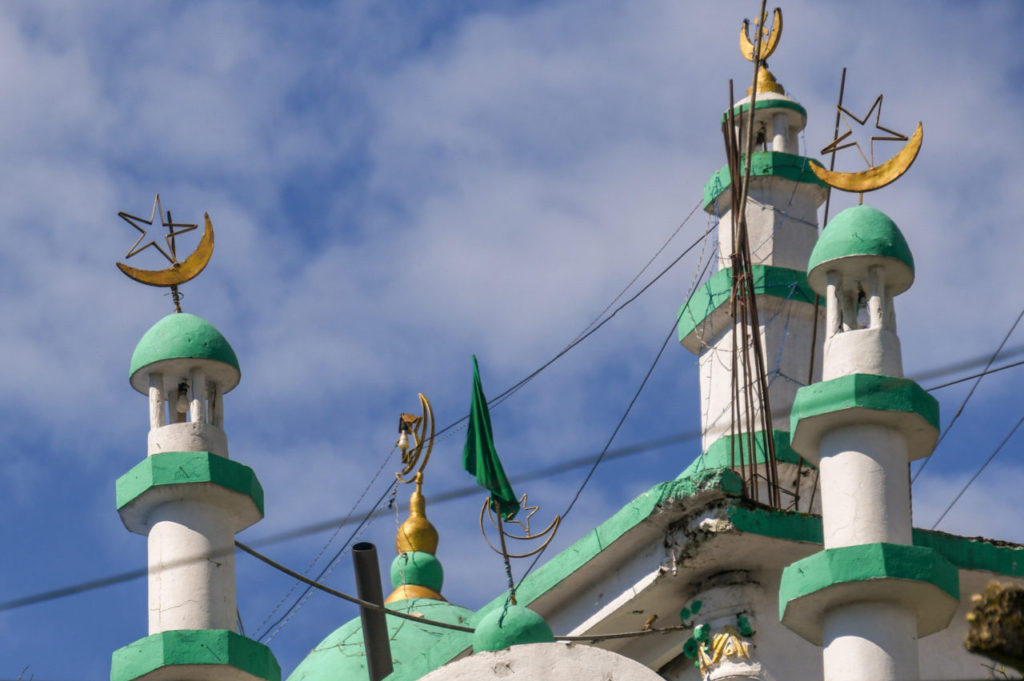
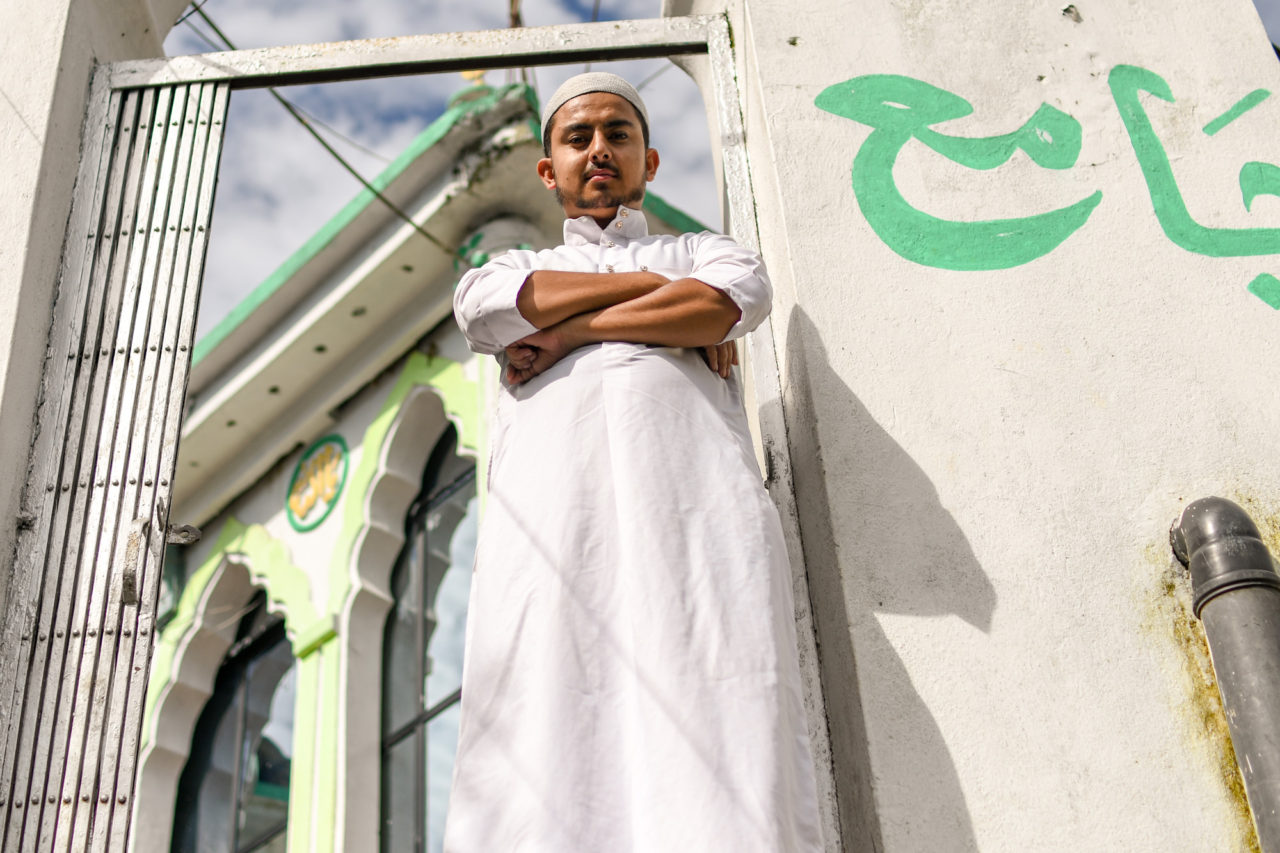
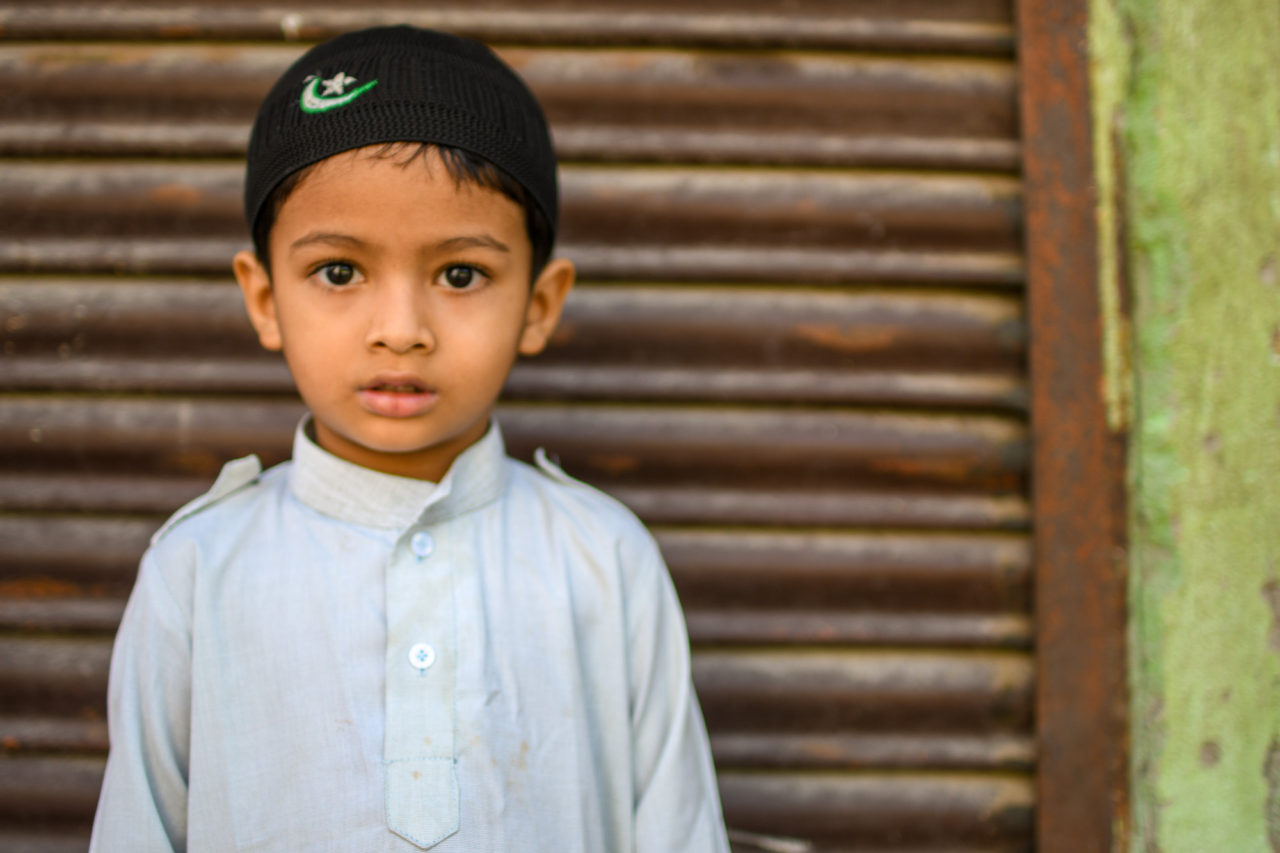
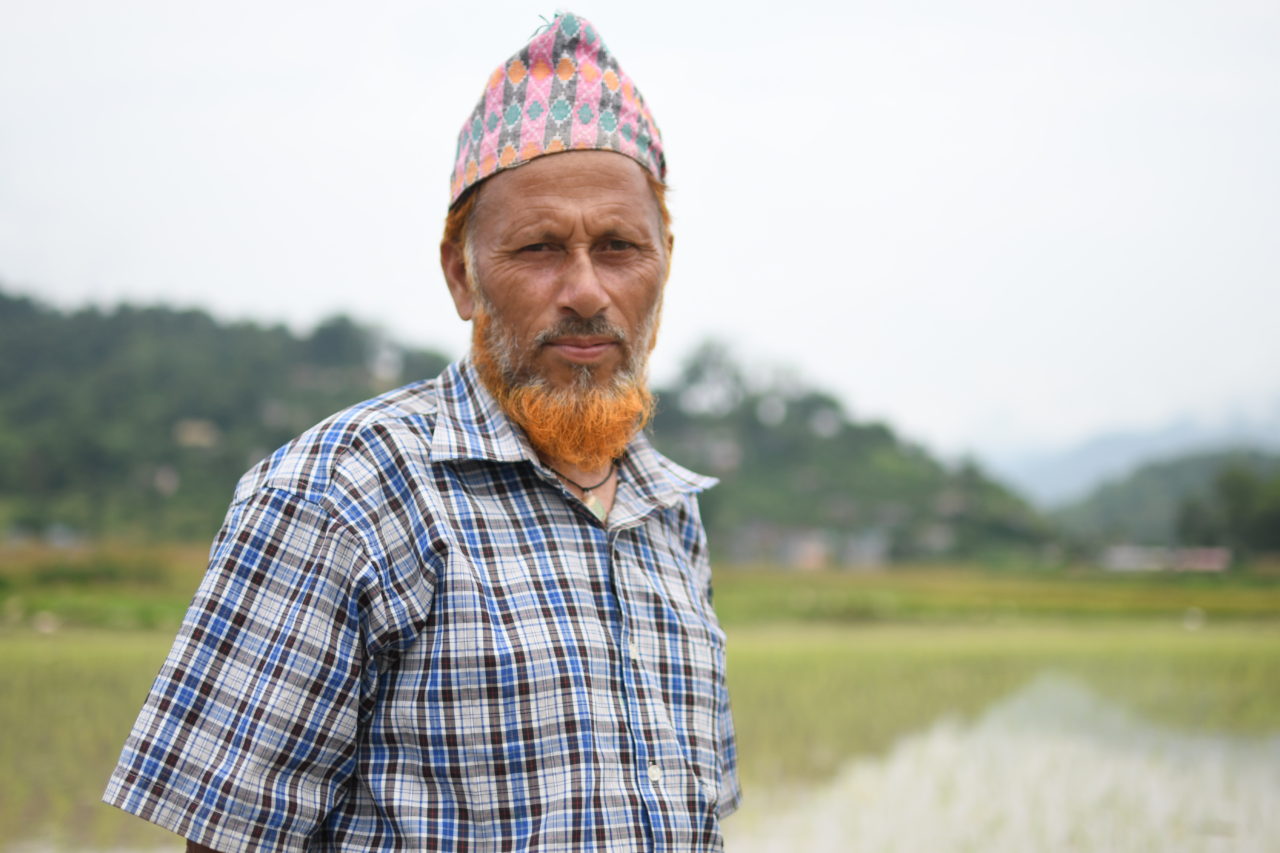
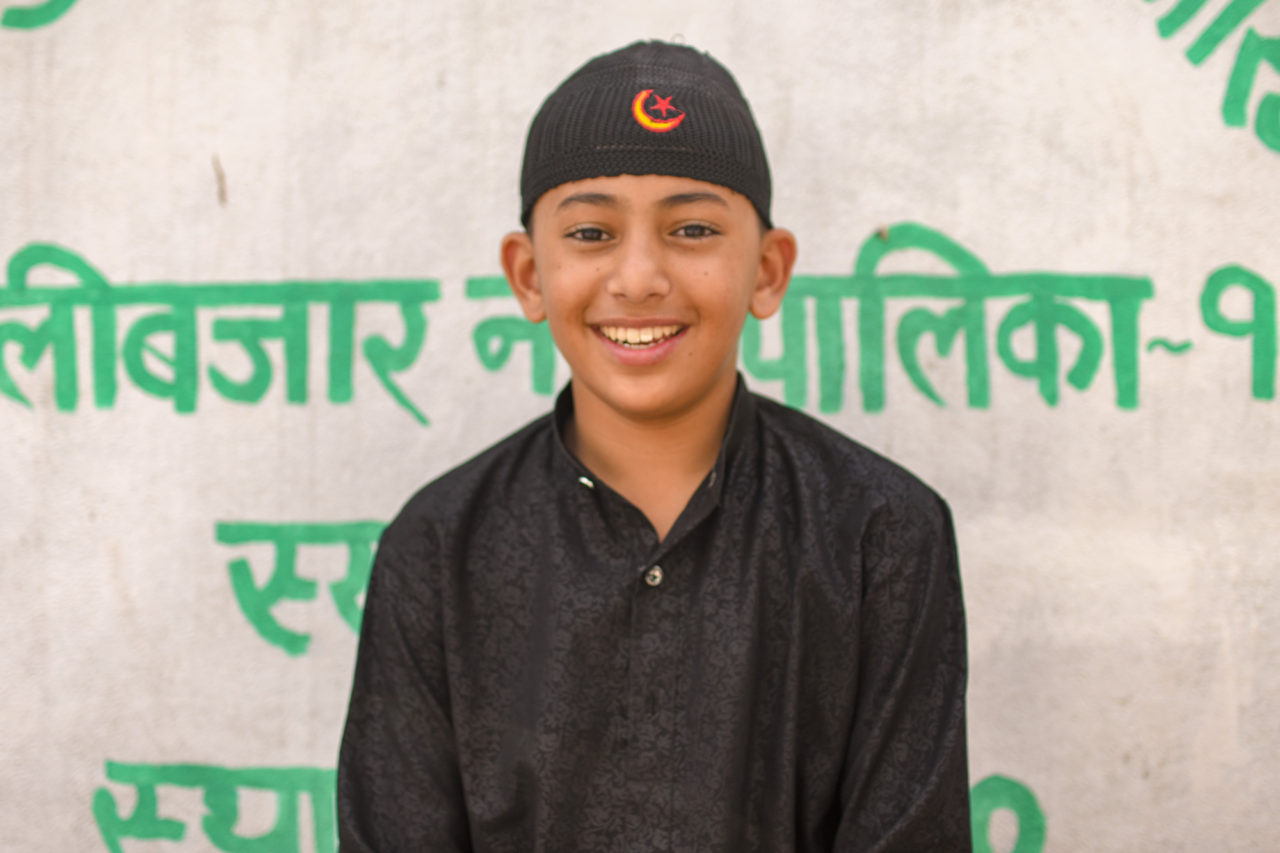
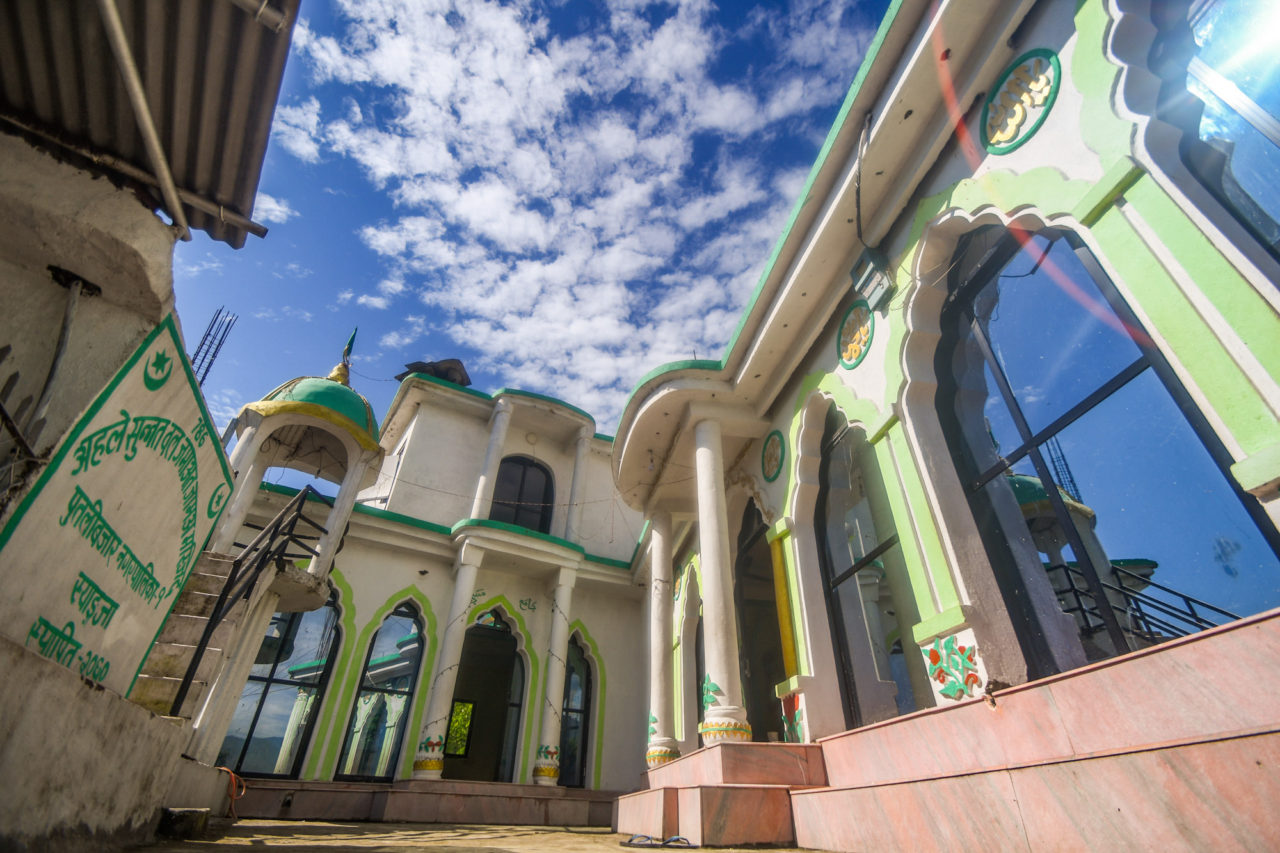
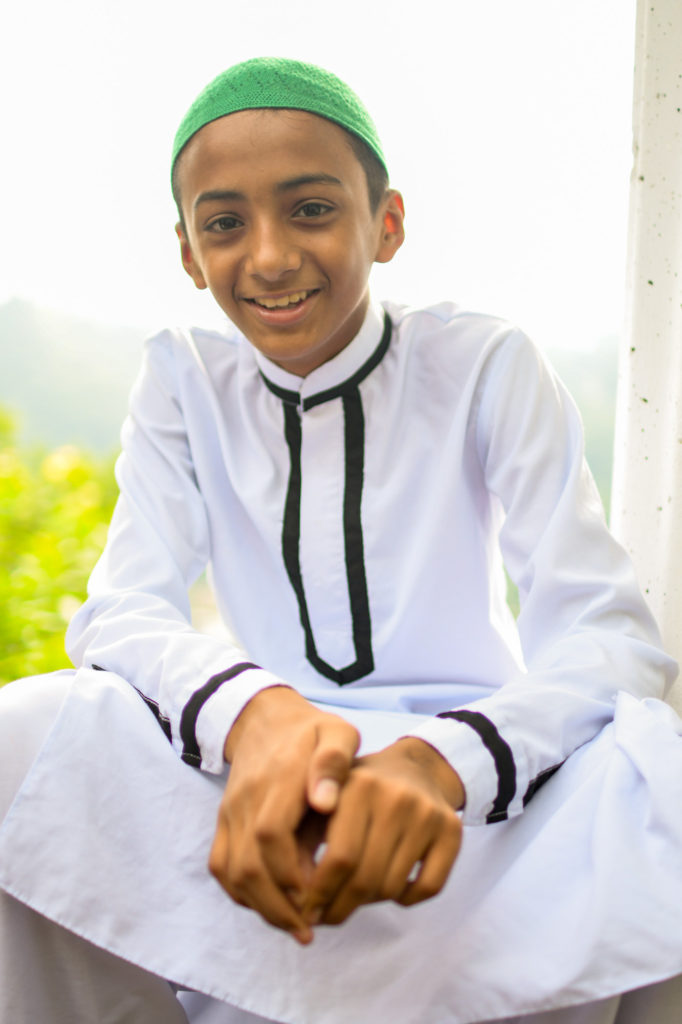
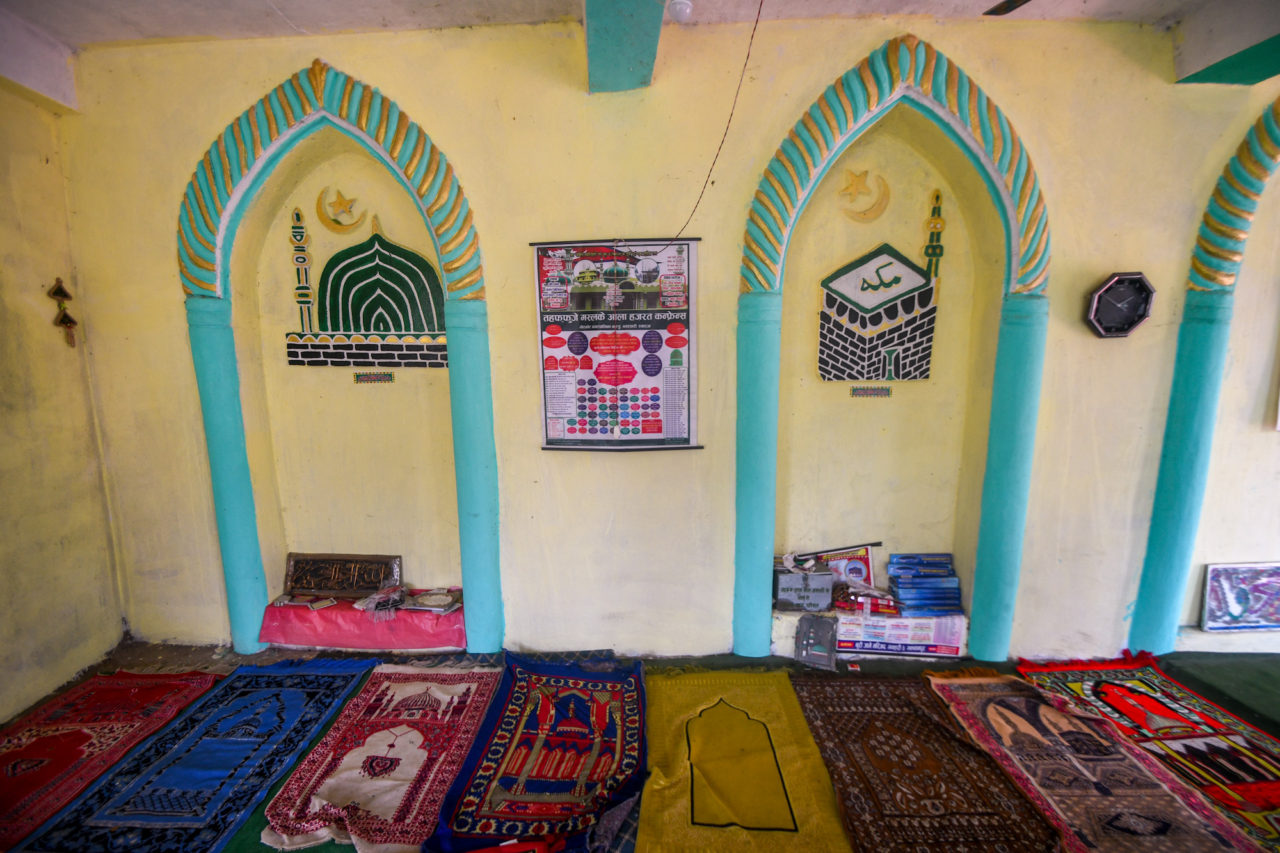
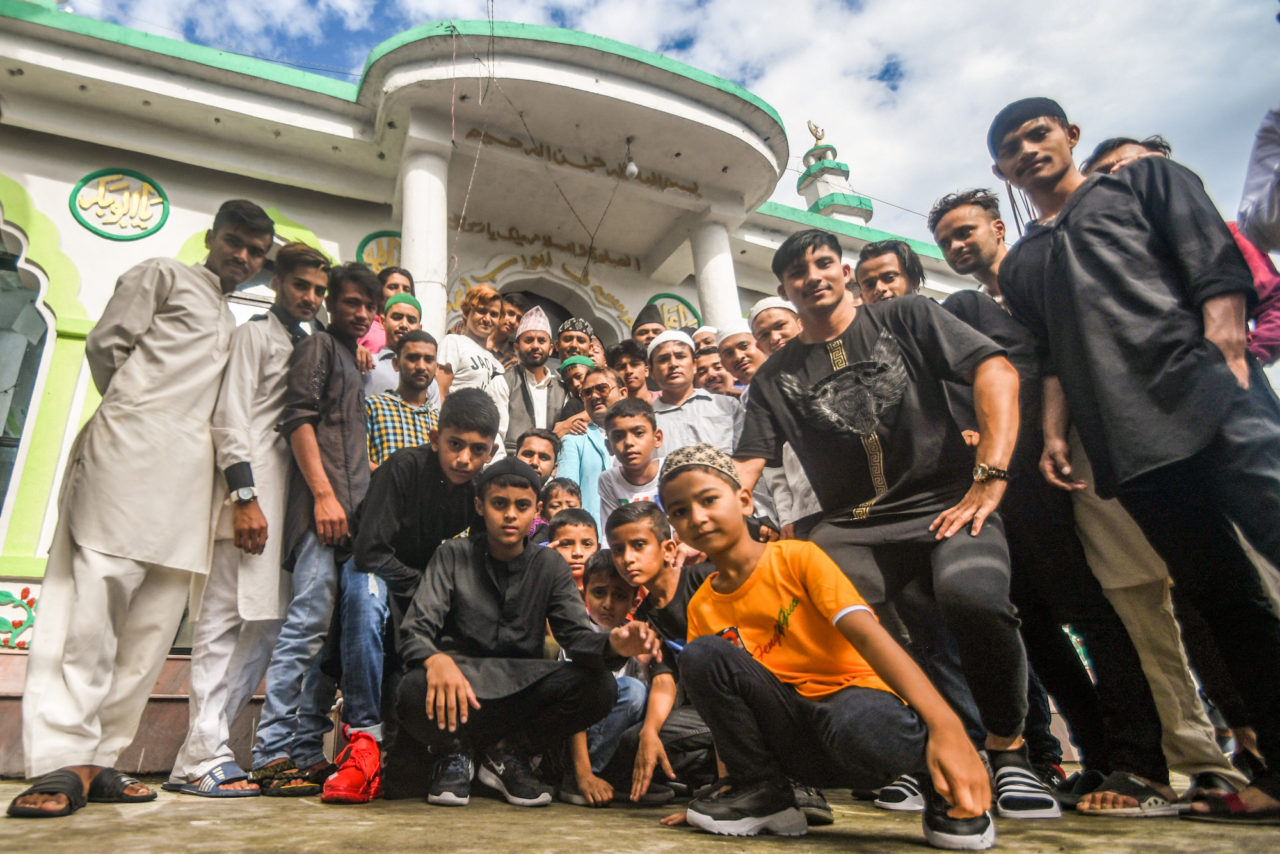
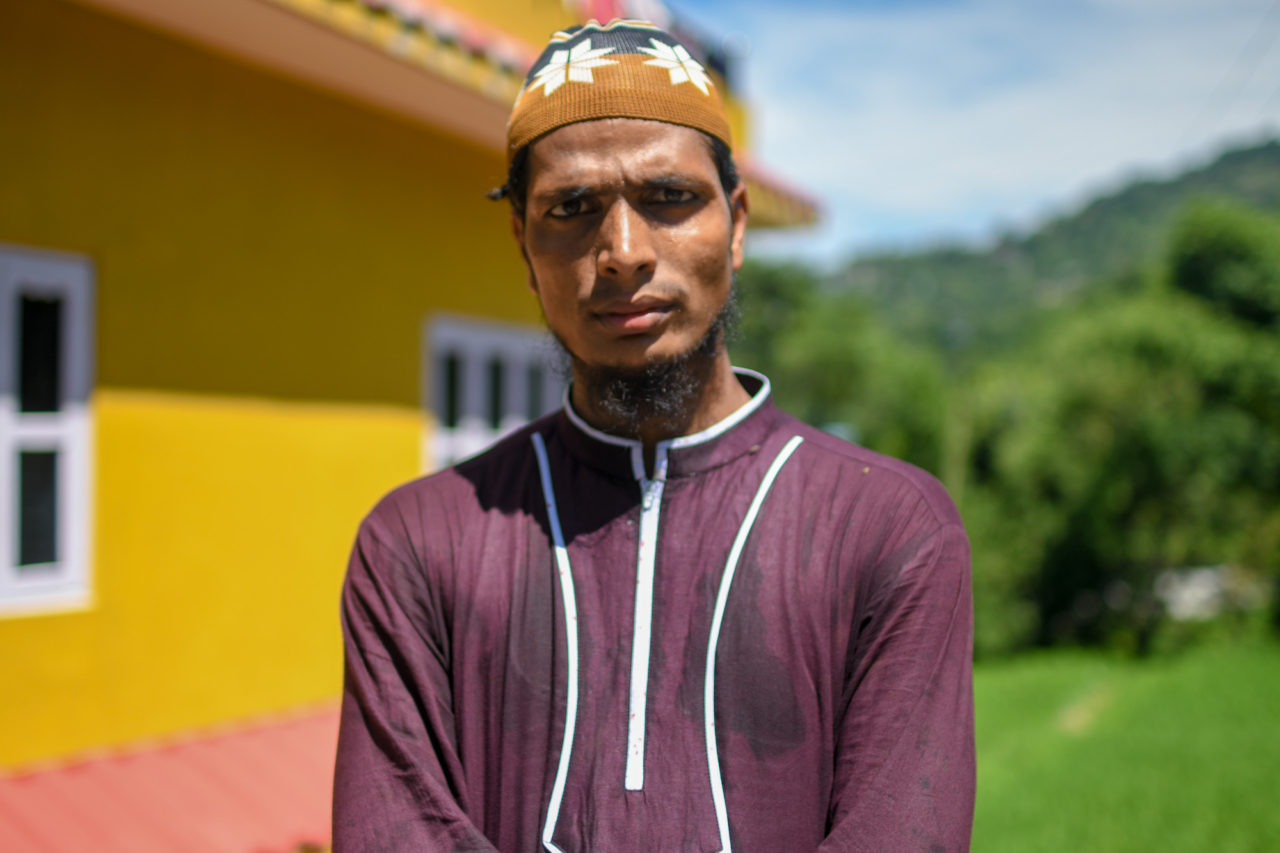
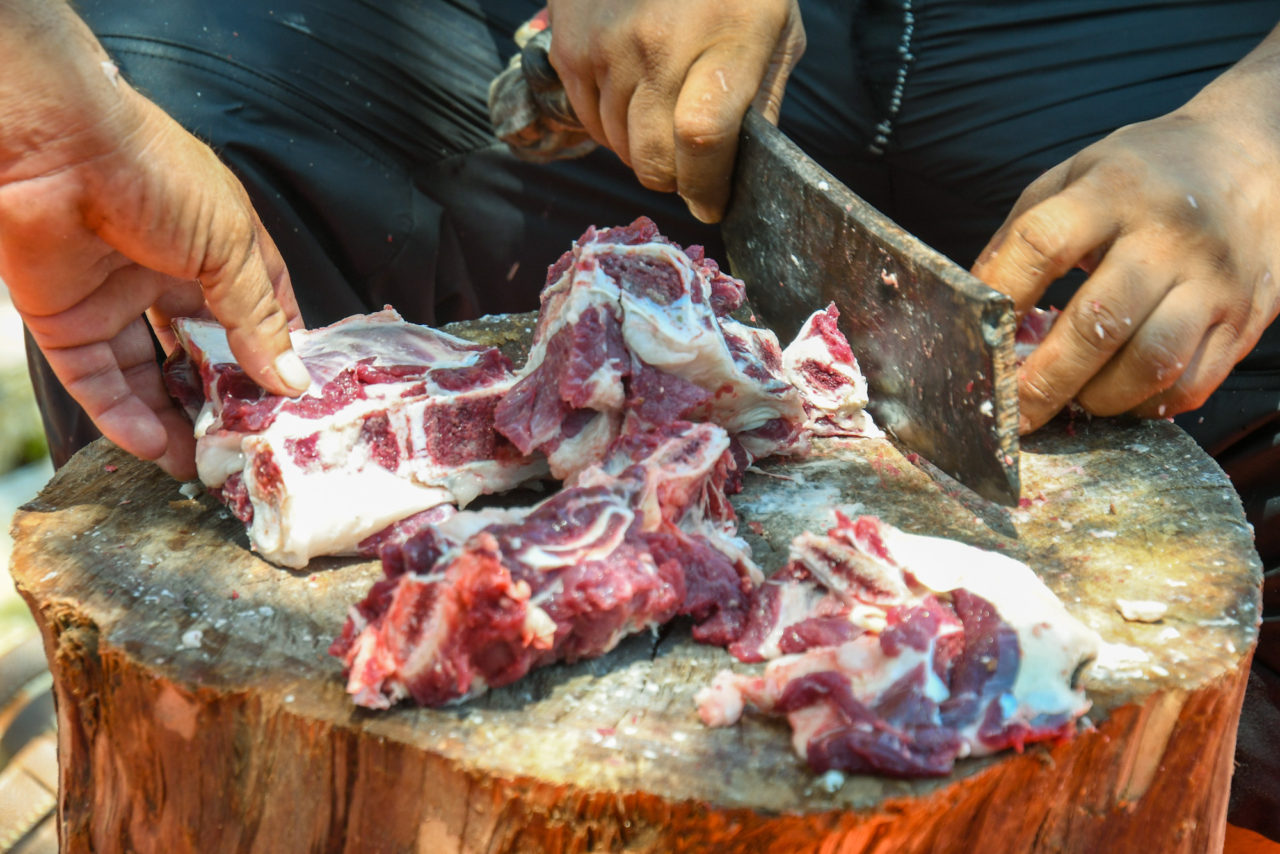
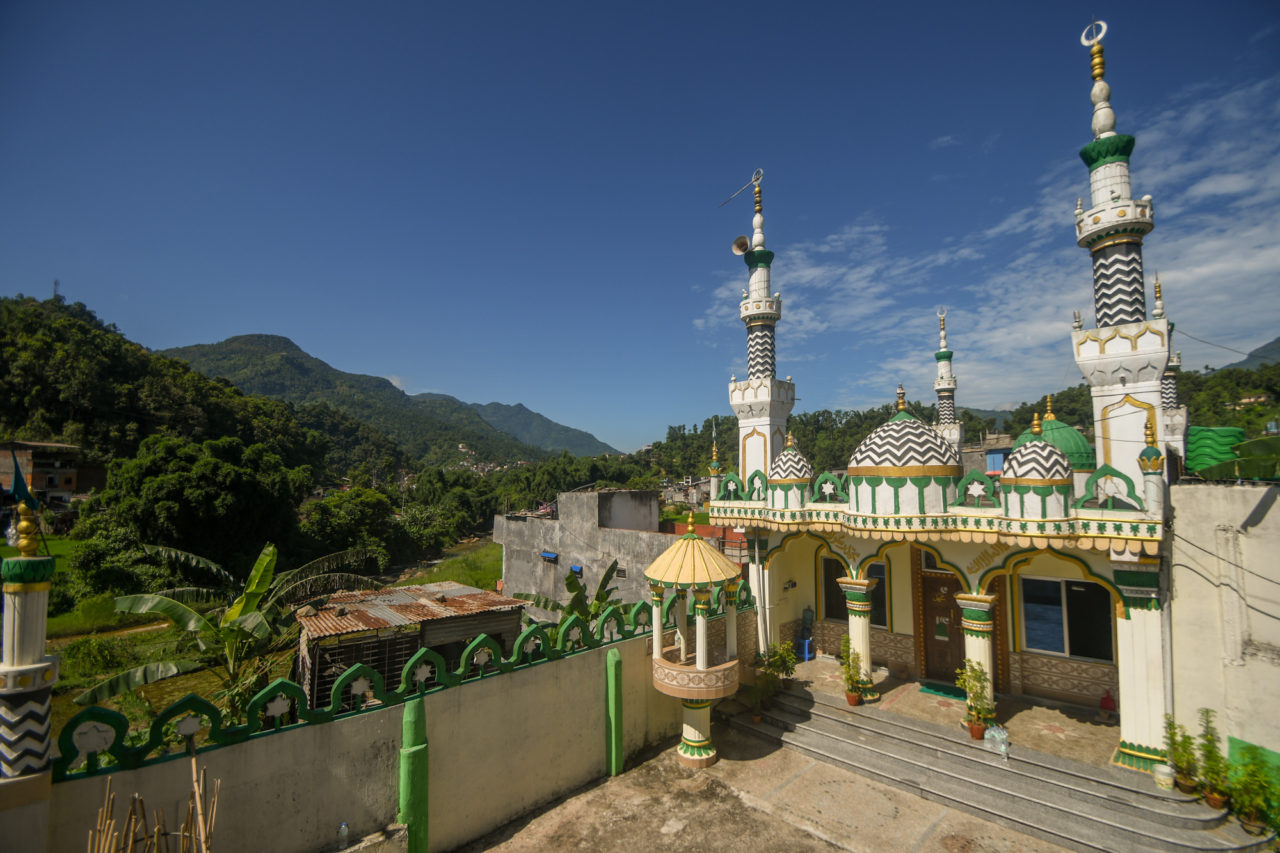
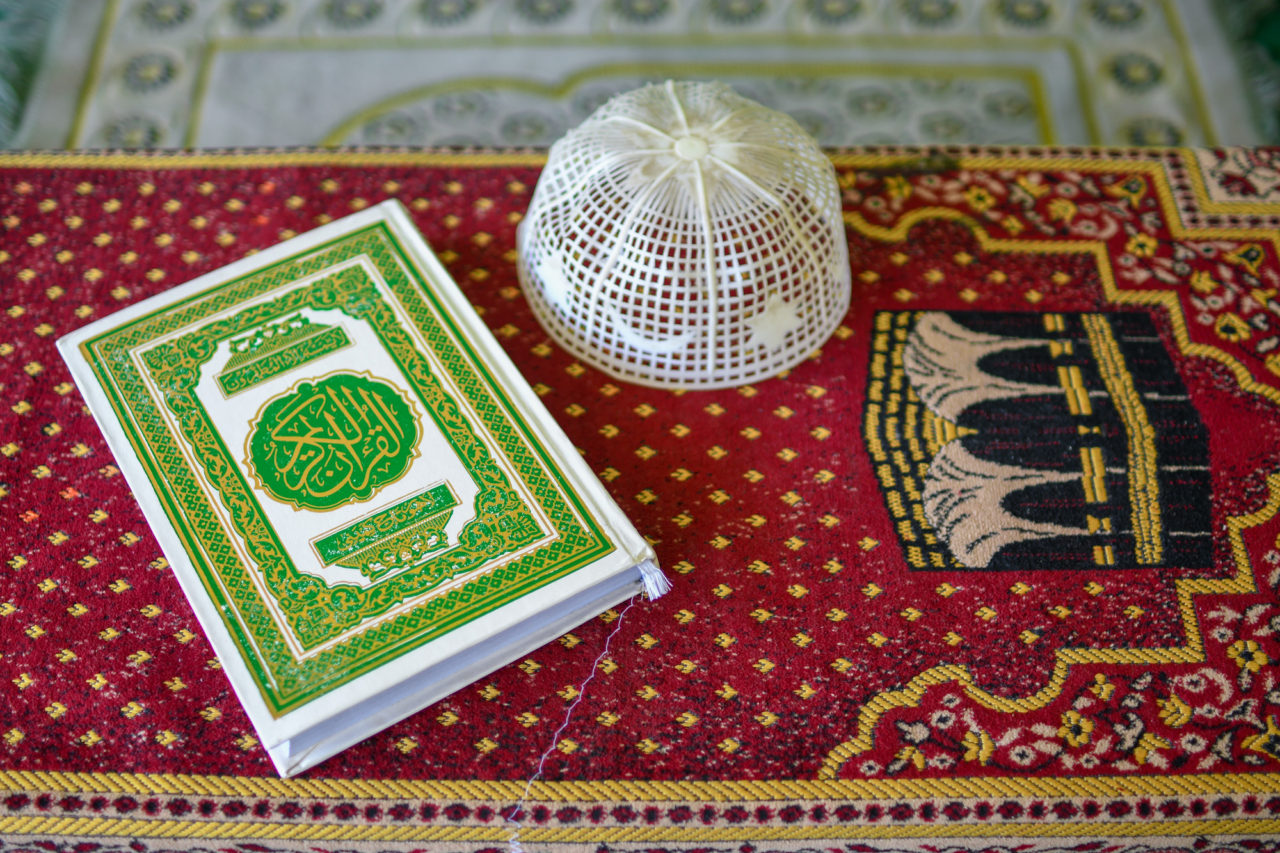
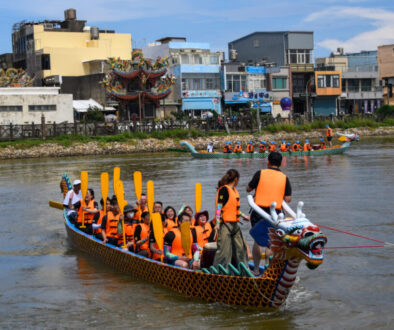
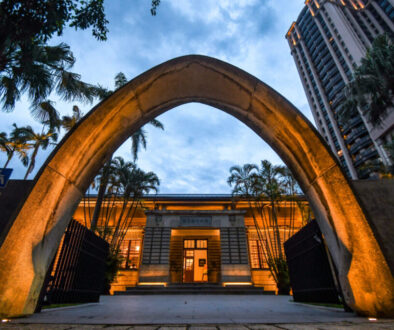
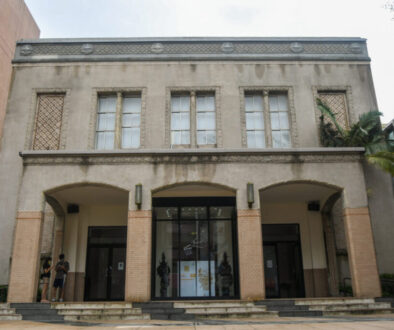


Celebrating Janai Purnima in Syangja - ORPHANED NATION
August 23, 2019 @ 10:22 am
[…] Nepal isn’t just made up of Hindus. Read about celebrating Eid in Nepal here! […]
The Bhagwati Jatra of Tansen Palpa - ORPHANED NATION
August 31, 2019 @ 12:11 pm
[…] Nepal isn’t just made up of Hindus, read about celebrating Eid in Nepal here! […]